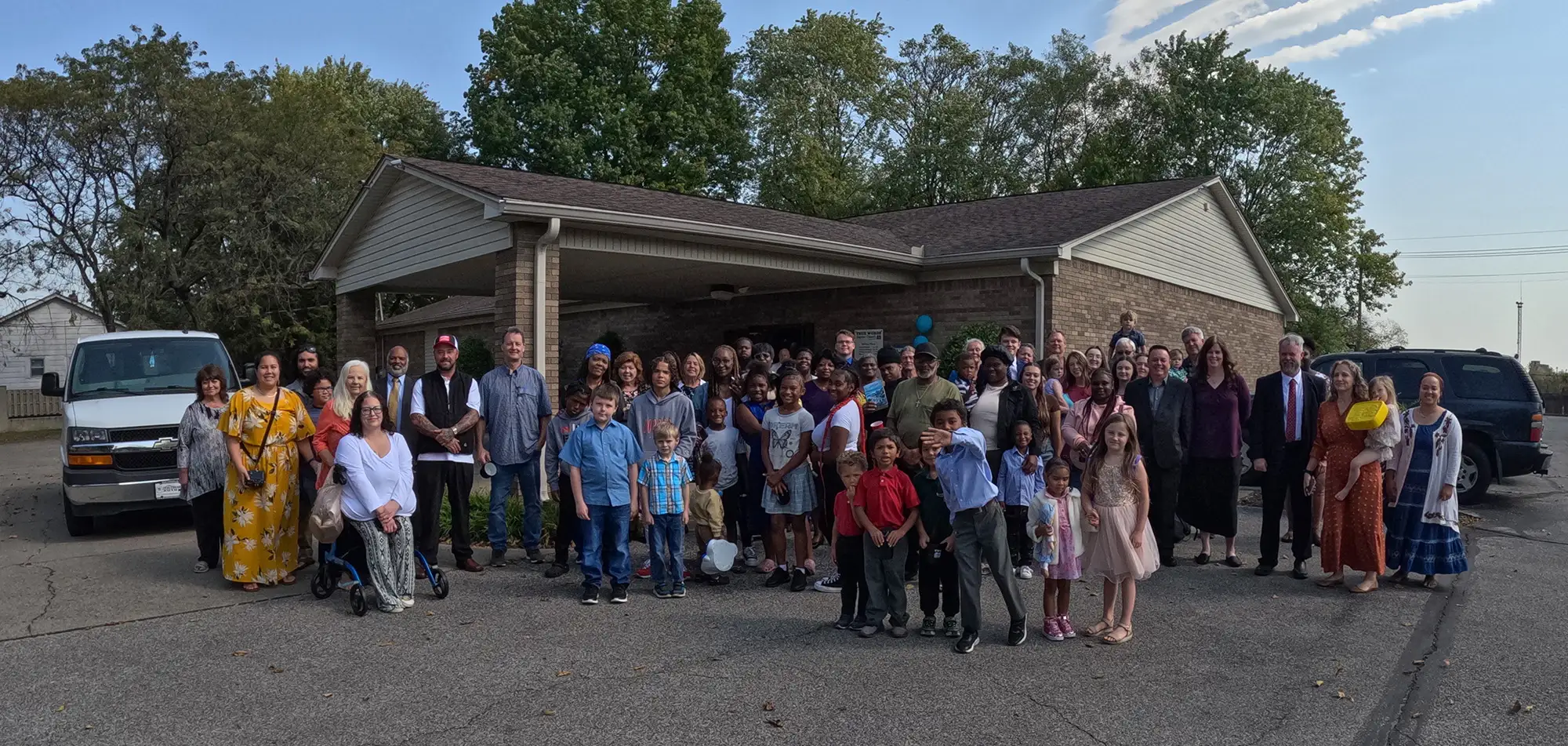The bread and the cup do not save — they remember the One who did.
The doctrine of the Lord’s Supper teaches that communion is a sacred memorial of Christ’s sacrifice — a symbolic act of obedience that proclaims His death until He comes. It is not a means of salvation or grace, but a remembrance and renewal of faith among believers.
This doctrine connects directly with our Statement of Faith and stands alongside The Doctrine of Baptism as one of the two ordinances of the New Testament church.
“”1 Corinthians 11:23–26
For I have received of the Lord that which also I delivered unto you, That the Lord Jesus the same night in which he was betrayed took bread: 24 And when he had given thanks, he brake it, and said, Take, eat: this is my body, which is broken for you: this do in remembrance of me. 25 After the same manner also he took the cup, when he had supped, saying, This cup is the new testament in my blood: this do ye, as oft as ye drink it, in remembrance of me. 26 For as often as ye eat this bread, and drink this cup, ye do shew the Lord’s death till he come.””
1. The Lord’s Supper Is a Memorial, Not a Sacrifice
The doctrine of the Lord’s Supper rejects the false teaching of transubstantiation — the idea that the bread and wine become the literal body and blood of Christ.
The Lord’s Supper is a memorial that points back to Calvary, not a re-sacrifice of Christ.
“”Hebrews 10:10–12
By the which will we are sanctified through the offering of the body of Jesus Christ once for all. 11 And every priest standeth daily ministering and offering oftentimes the same sacrifices, which can never take away sins: 12 But this man, after he had offered one sacrifice for sins for ever, sat down on the right hand of God.””
The bread represents His body broken for us; the cup represents His blood shed for remission. The doctrine of the Lord’s Supper honors His finished work, not man’s ritual.
2. The Lord’s Supper Is for Believers Only
Communion is reserved for those who have believed the Gospel and have been scripturally baptized. It is a family table — not for the unsaved, nor for those living in unrepentant sin.
“”1 Corinthians 10:16–17
The cup of blessing which we bless, is it not the communion of the blood of Christ? the bread which we break, is it not the communion of the body of Christ? 17 For we being many are one bread, and one body: for we are all partakers of that one bread.””
“”Acts 2:42
And they continued stedfastly in the apostles’ doctrine and fellowship, and in breaking of bread, and in prayers.””
The doctrine of the Lord’s Supper affirms that communion is for the church — a body of believers united by faith and doctrine.
See also: The Doctrine of the Church
3. The Lord’s Supper Proclaims Christ’s Death
Every time the bread is broken and the cup is shared, the church publicly declares the Gospel — that Christ died for our sins, was buried, and rose again.
The Lord’s Supper looks back to the cross and forward to His coming.
“”1 Corinthians 11:26
For as often as ye eat this bread, and drink this cup, ye do shew the Lord’s death till he come.””
“”Luke 22:19–20
And he took bread, and gave thanks, and brake it, and gave unto them, saying, This is my body which is given for you: this do in remembrance of me. 20 Likewise also the cup after supper, saying, This cup is the new testament in my blood, which is shed for you.””
The doctrine of the Lord’s Supper reminds us that communion is not about repetition but reflection — about remembering what Jesus finished once for all.
4. The Lord’s Supper Requires Self-Examination
Paul warned that believers should not approach the Lord’s table lightly. Communion is not casual — it is sacred. Before partaking, each believer must examine himself and confess sin to restore fellowship with God.
“”1 Corinthians 11:28–29
But let a man examine himself, and so let him eat of that bread, and drink of that cup. 29 For he that eateth and drinketh unworthily, eateth and drinketh damnation to himself, not discerning the Lord’s body.””
“”Psalm 139:23–24
Search me, O God, and know my heart: try me, and know my thoughts: 24 And see if there be any wicked way in me, and lead me in the way everlasting.””
The doctrine of the Lord’s Supper teaches reverence — that communion should bring humility, gratitude, and holiness before God.
5. The Lord’s Supper Anticipates Christ’s Return
Communion is not only a remembrance of the past; it is a promise for the future. Every time we observe the Lord’s Supper, we proclaim that Jesus is coming again.
“”Matthew 26:29
But I say unto you, I will not drink henceforth of this fruit of the vine, until that day when I drink it new with you in my Father’s kingdom.””
“”Revelation 19:9
And he saith unto me, Write, Blessed are they which are called unto the marriage supper of the Lamb. And he saith unto me, These are the true sayings of God.””
The doctrine of the Lord’s Supper ties the believer’s hope to Christ’s promise — that one day we will dine with Him in glory.
Application and Affirmation
The doctrine of the Lord’s Supper brings the Gospel to the table — reminding believers of His death, cleansing, and coming.
It is not mystical, mechanical, or meaningless — it is a memorial, a message, and a moment of worship.
“”John 6:35
And Jesus said unto them, I am the bread of life: he that cometh to me shall never hunger; and he that believeth on me shall never thirst.””
Affirmation:
- The doctrine of the Lord’s Supper teaches that communion is a memorial, not a sacrifice.
- It is for baptized believers who are walking in fellowship with Christ.
- It proclaims His death, demands self-examination, and points to His return.
- It is one of two ordinances given by Christ to His church.

